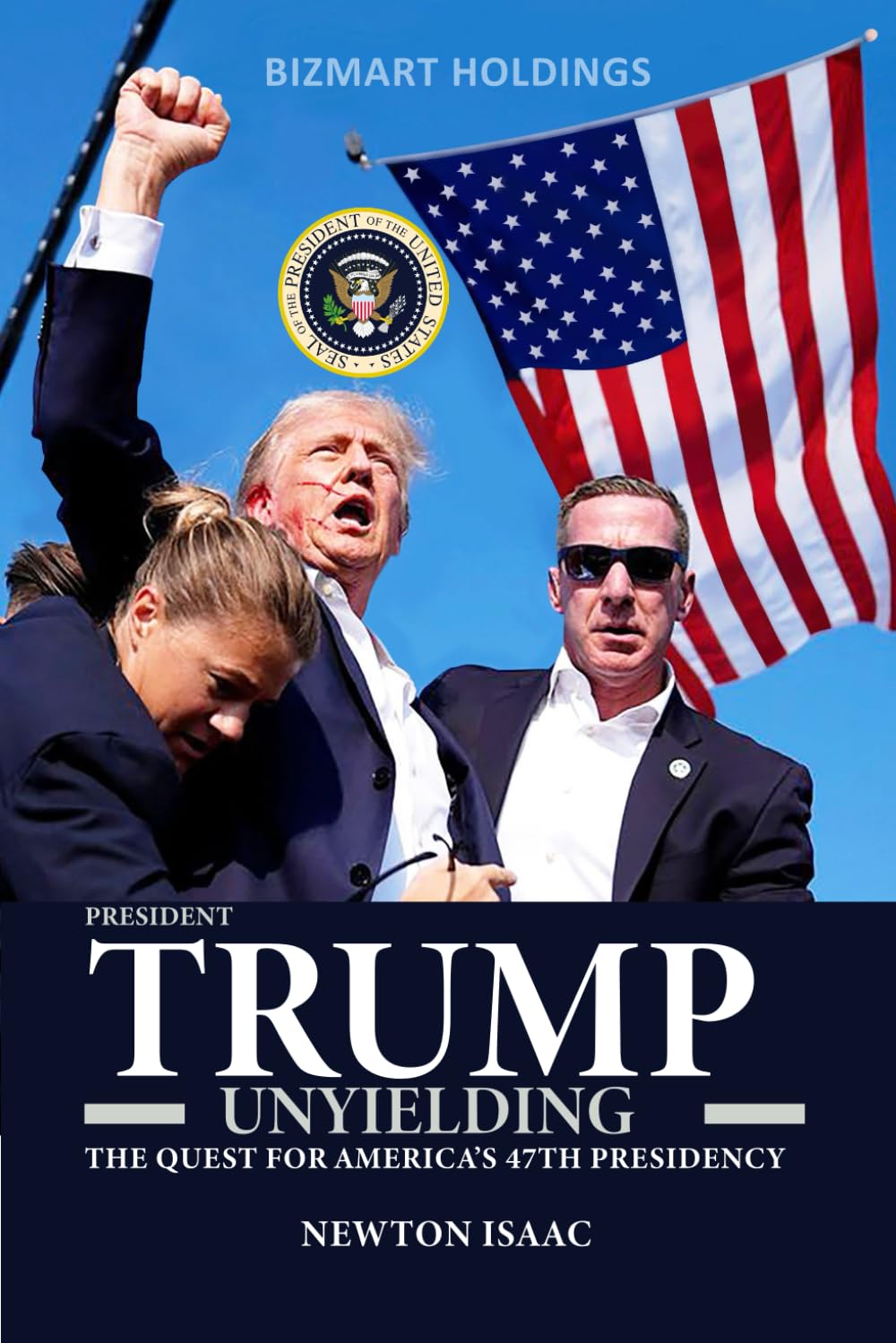Lieutenant General Igor Kirillov, the chief of Russia’s Radiological, Chemical, and Biological Defense Troops, was killed on Tuesday in a bomb explosion outside an apartment building in Moscow. The attack, which used a bomb concealed in an electric scooter, has sparked outrage and accusations amid escalating tensions between Russia and Ukraine.
Russia’s Investigative Committee confirmed the assassination, stating, “Igor Kirillov, the head of the radiation, chemical, and biological protection forces of the armed forces of the Russian Federation, and his assistant were killed.” The incident occurred on Ryazansky Prospekt, a busy residential area in the capital.
Details of the Explosion
Russian state media reported that the explosive device had an estimated capacity of 300 grams of TNT. Photographs shared on Russian Telegram channels depicted a shattered building entrance, debris scattered across the area, and the lifeless bodies of Kirillov and his assistant on blood-stained snow.
Residents of the apartment complex have long complained about inadequate video surveillance in the area. “The cameras were not recording what was happening,” reported Al Jazeera’s Maria Shapovalova from Moscow. This security lapse may have contributed to the attackers’ success in carrying out the assassination undetected.
Ukraine’s Role and Response
A source within Ukraine’s Security Service (SBU) claimed responsibility for the attack, calling Kirillov a “legitimate target.” Speaking to multiple news agencies, the source alleged that the assassination was part of ongoing efforts to counter Russia’s military actions in Ukraine. The Ukrainian government, however, has yet to issue an official statement.
This marks another in a series of high-profile assassinations on Russian soil since the onset of Moscow’s full-scale invasion of Ukraine in February 2022. Russia has repeatedly accused Ukraine of orchestrating such attacks, including the 2022 car bombing that killed Darya Dugina, daughter of Russian ultranationalist Alexander Dugin.
Russian Leaders React
The attack drew immediate condemnation from Russian officials. Dmitry Medvedev, deputy head of the Security Council, described the bombing as a deliberate act to distract from Ukraine’s military challenges. “Kyiv’s senior military-political leadership will face inevitable retribution,” he vowed.
Foreign Ministry spokesperson Maria Zakharova criticized Western nations for their silence, accusing them of tacitly endorsing such acts. “An entire day has passed. Where is the reaction from abroad? Where are the ‘civilized’ ones?” she posted on Telegram.
President Vladimir Putin has yet to comment publicly on the incident.
International Responses
The United States categorically denied any involvement in the assassination. State Department spokesman Matthew Miller stated, “The United States was not aware of it in advance and was not involved.” However, Miller also referred to Kirillov’s alleged atrocities in Ukraine, including the use of chemical weapons, as grounds for his notoriety.
Earlier this year, Ukrainian prosecutors charged Kirillov in absentia for the use of banned chemical weapons during the war. The United Kingdom also sanctioned him and his forces in October for their alleged deployment of chloropicrin, a toxic choking agent prohibited by the Organisation for the Prohibition of Chemical Weapons (OPCW).
A History of Controversy
Kirillov’s position at the helm of Russia’s Radiological, Chemical, and Biological Defense Troops placed him at the center of allegations surrounding chemical weapon usage in Ukraine. Russia has denied these accusations, maintaining that it no longer possesses a chemical weapons arsenal.
Ukraine’s SBU claims it has documented over 4,800 instances of chemical weapon usage on the battlefield, including K-1 combat grenades, since 2022. Kirillov’s forces were previously accused of using riot control agents and other toxic substances in violation of international law.
Implications for Security
The killing of a senior military official in the heart of Moscow raises critical questions about Russia’s internal security. The lack of surveillance cameras and apparent ease with which the attackers planted the bomb have highlighted vulnerabilities in the country’s urban security infrastructure.
This assassination adds to the growing list of high-stakes incidents attributed to Ukrainian forces or their allies, signaling that the conflict between the two nations continues to spill beyond the battlefield.
As investigations into the attack continue, its impact on Russia’s military strategy and domestic security measures remains to be seen.
This article was written to provide accurate information about the incident. We cannot guarantee that all details are 100% correct as investigations are ongoing.











